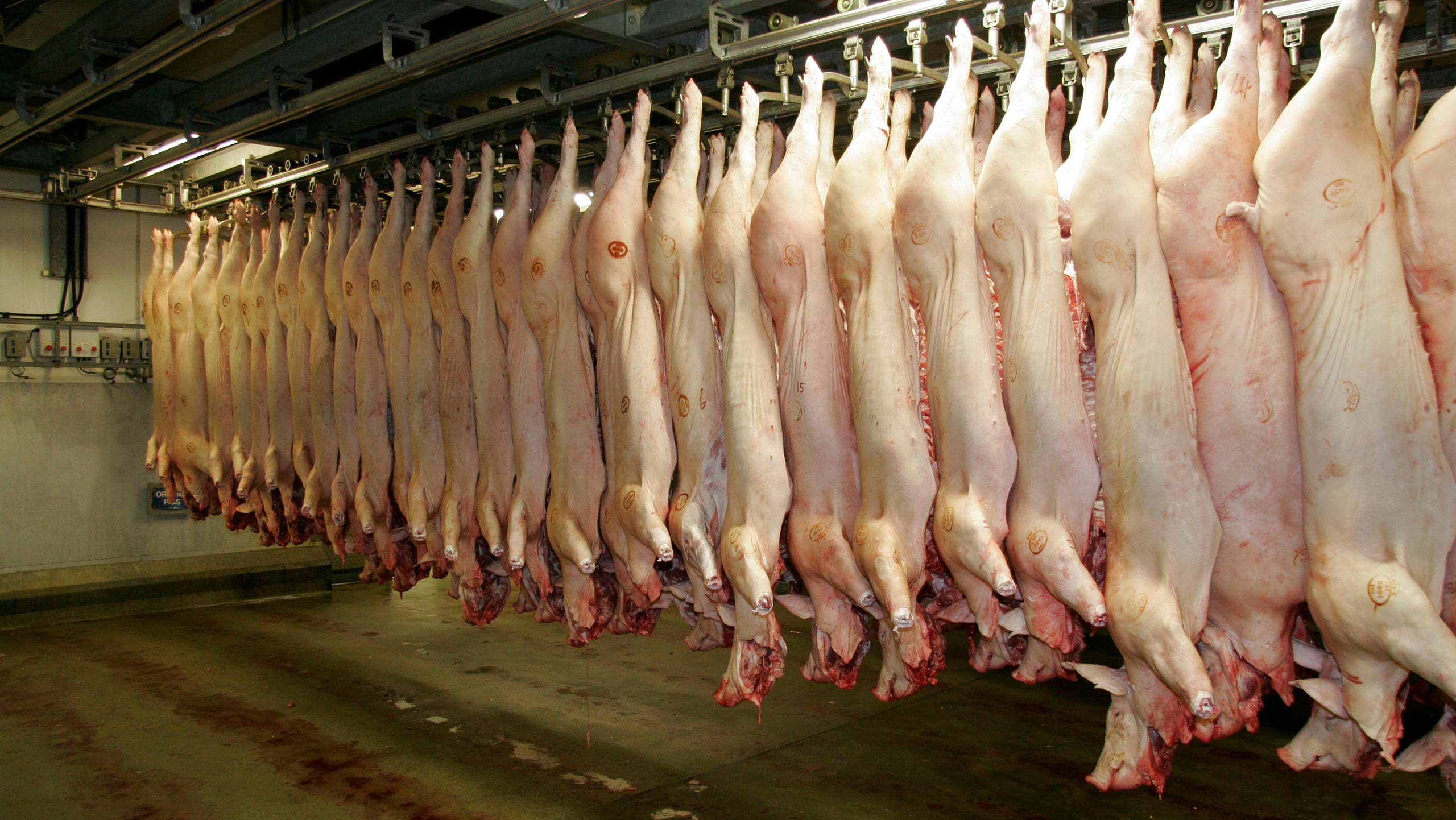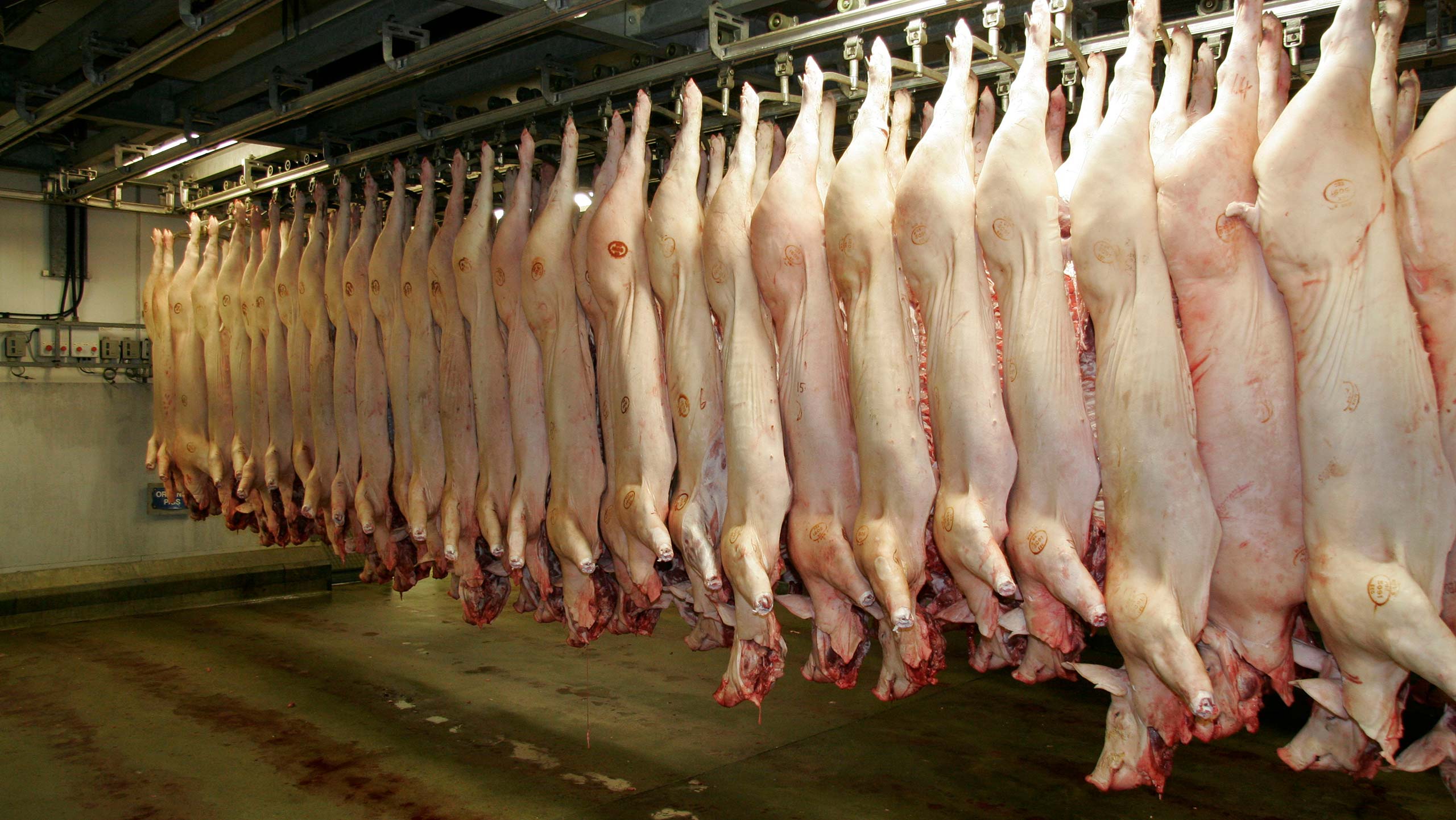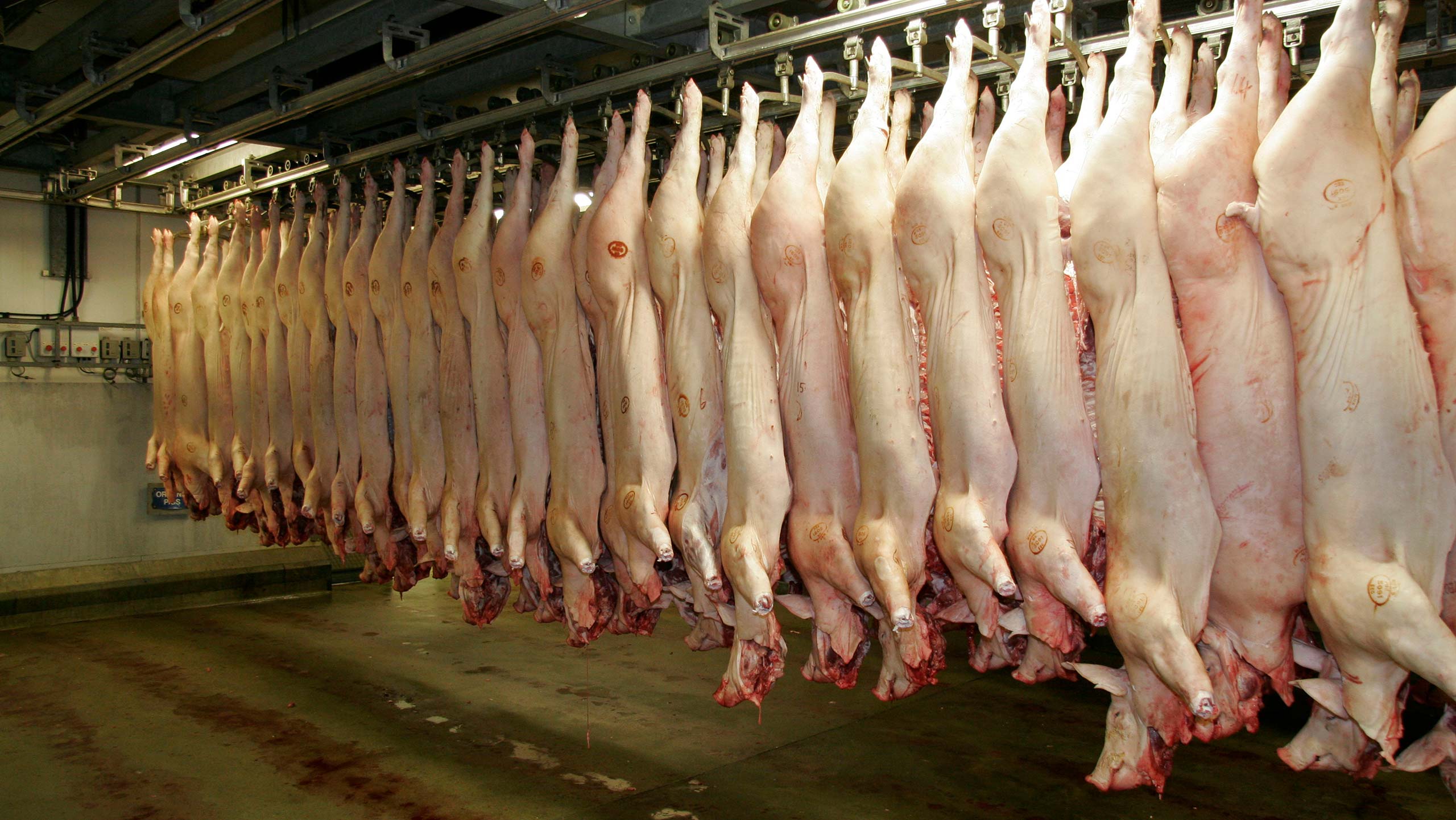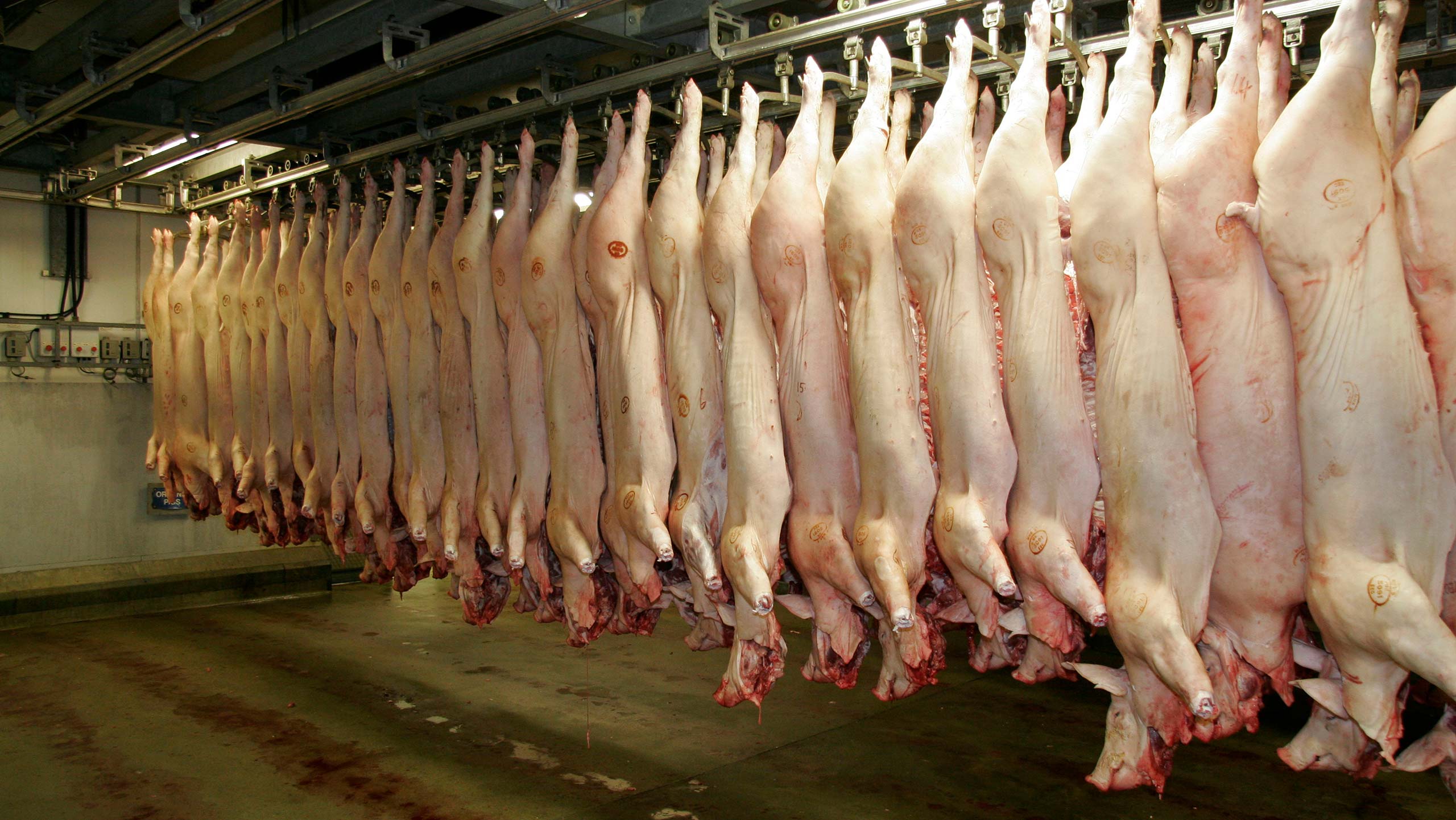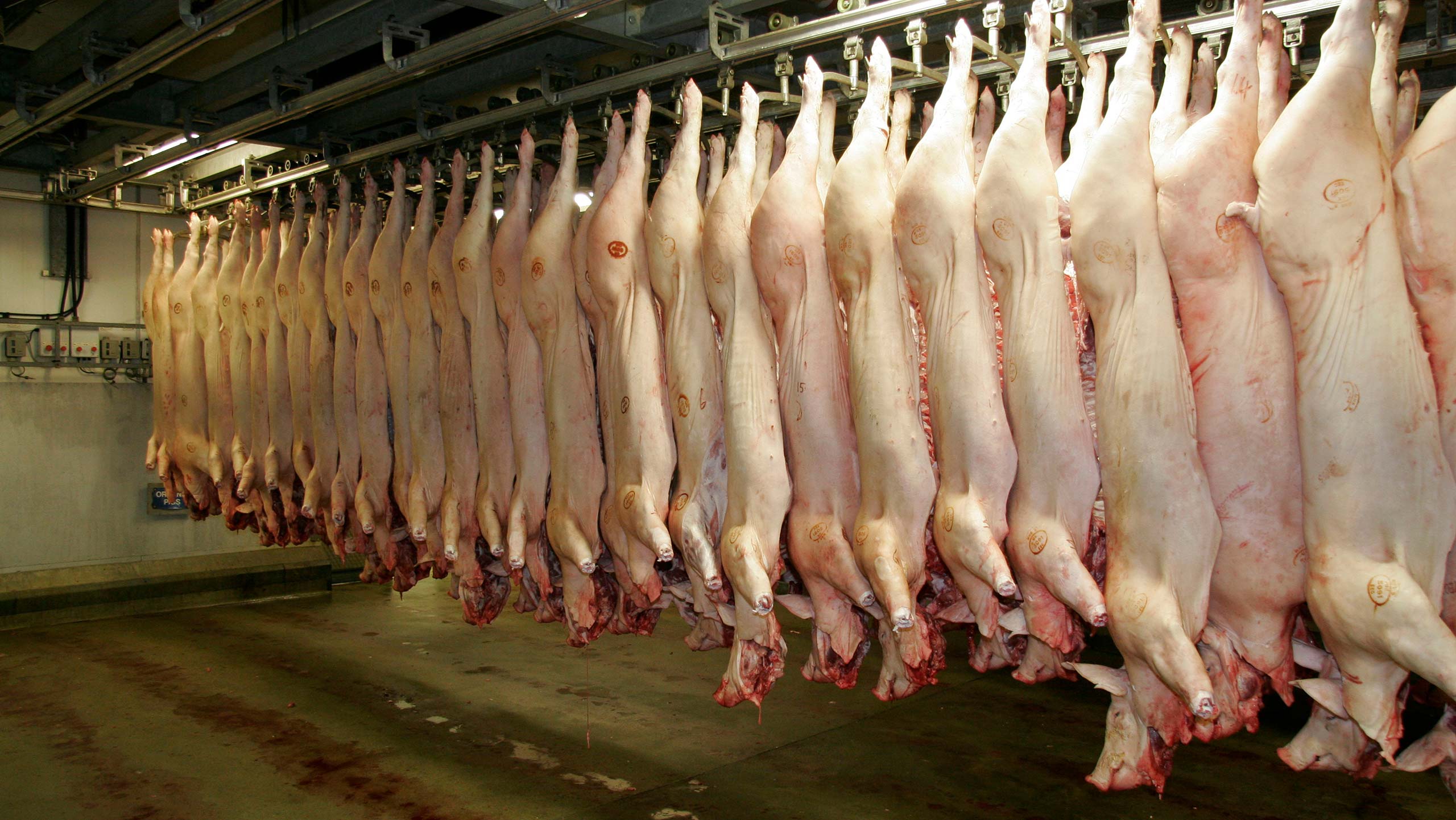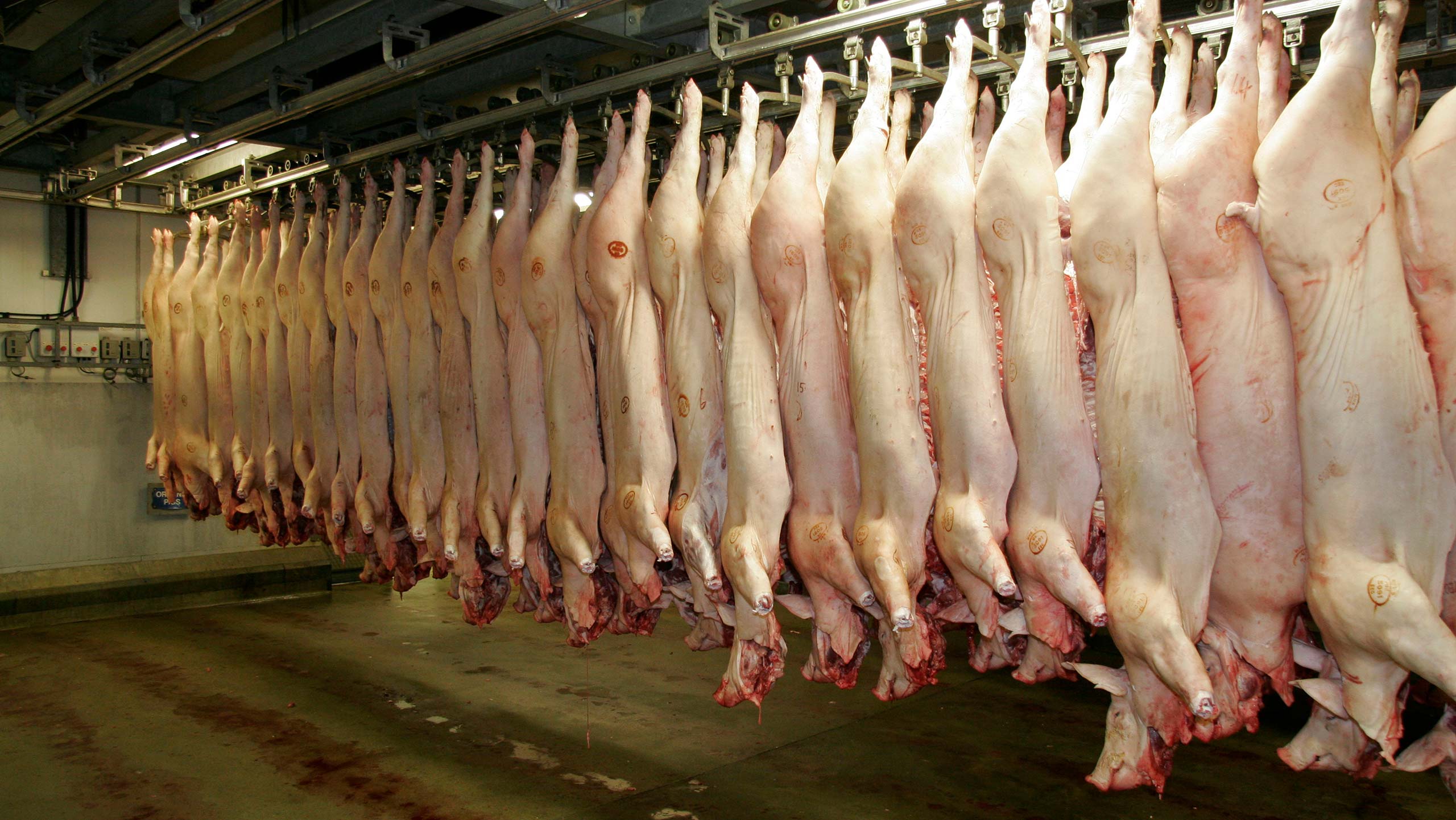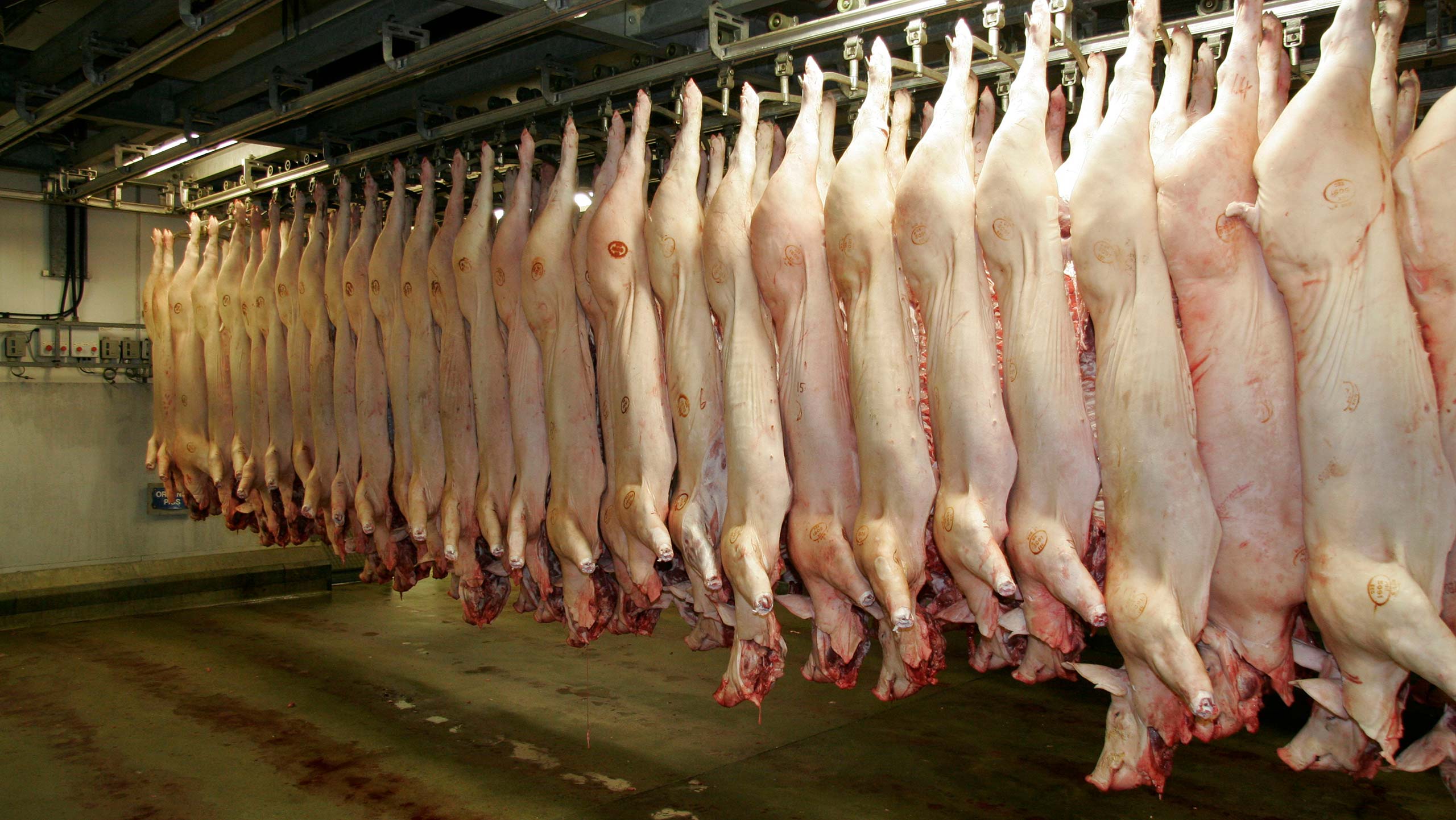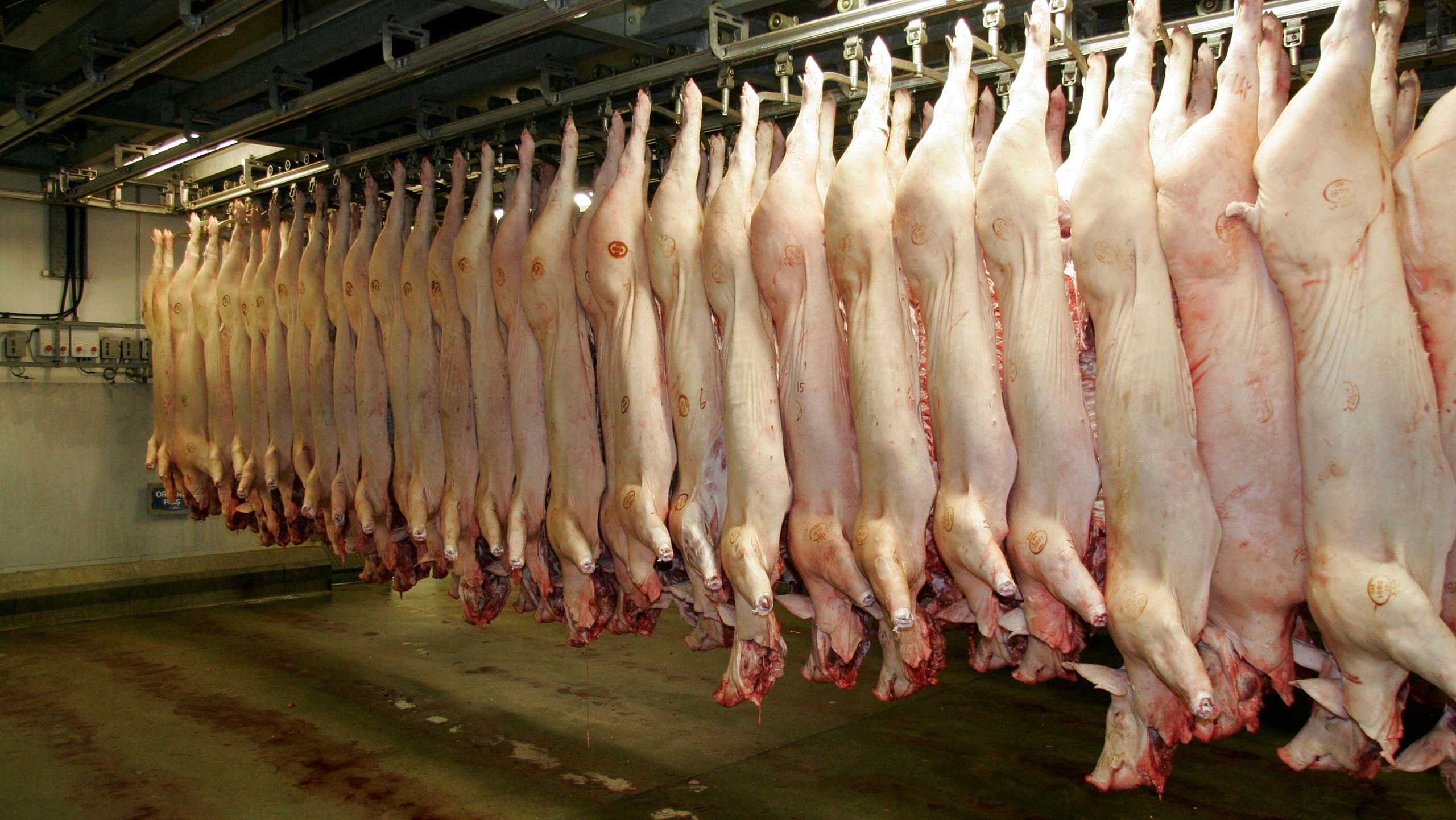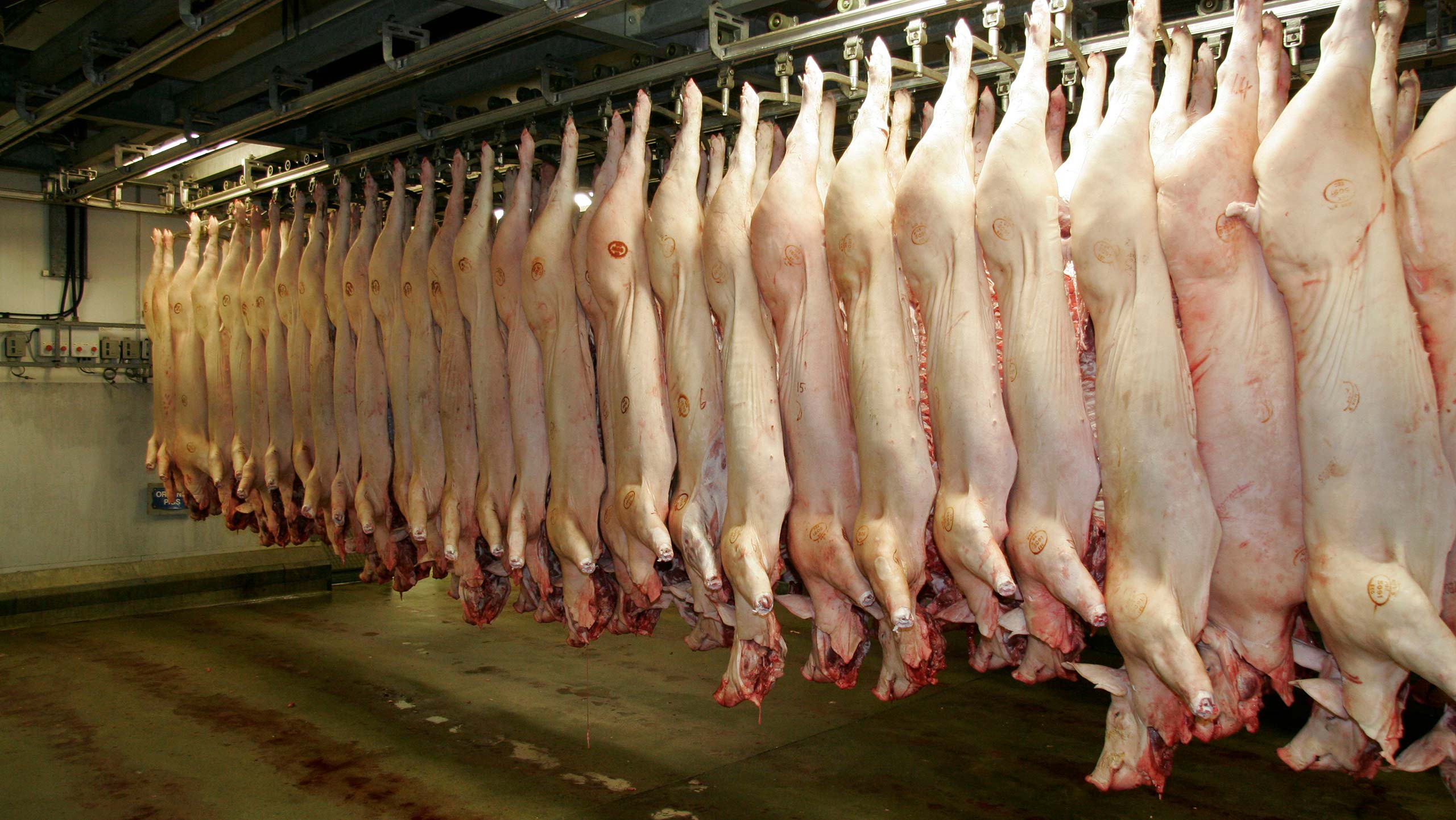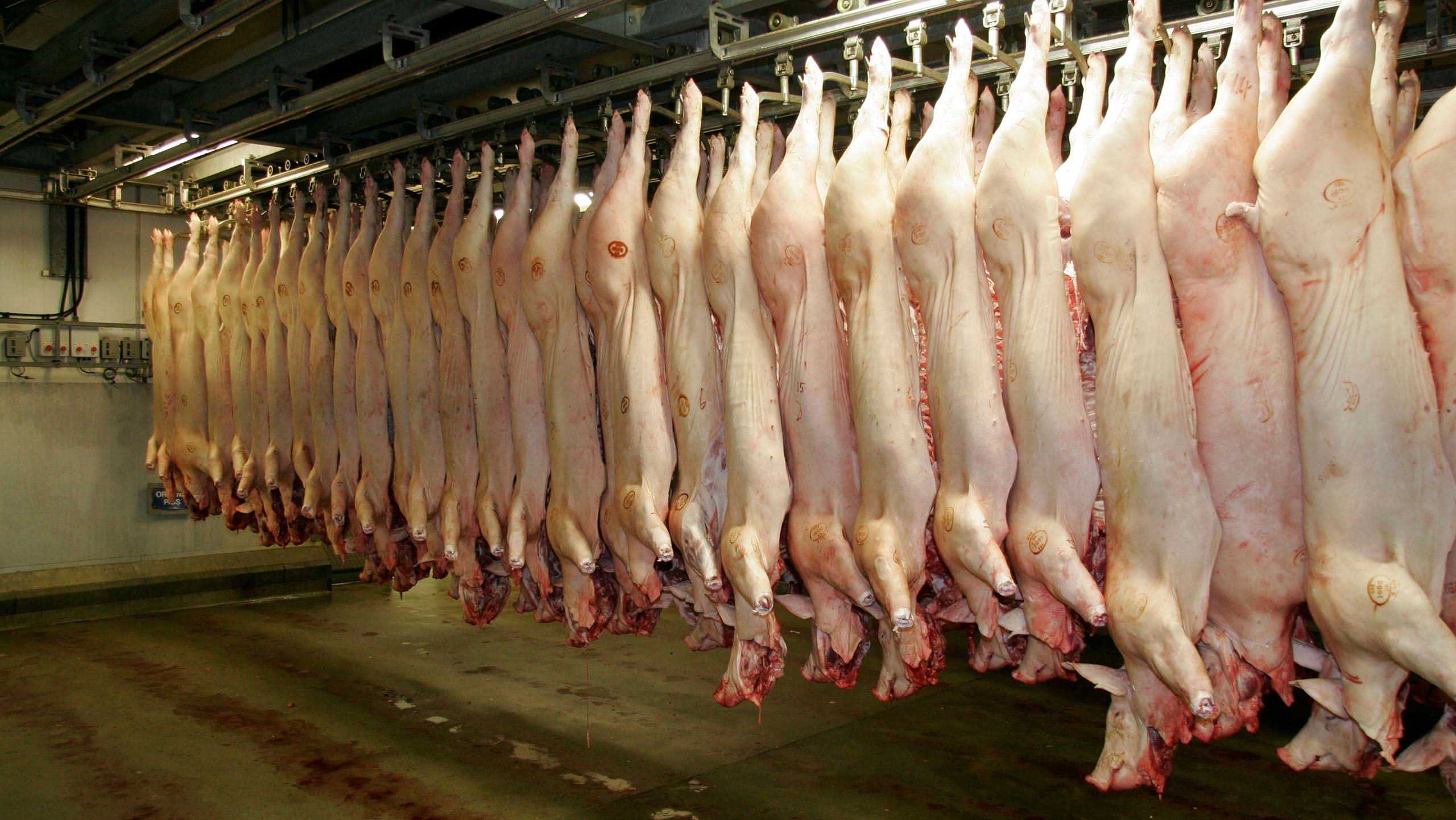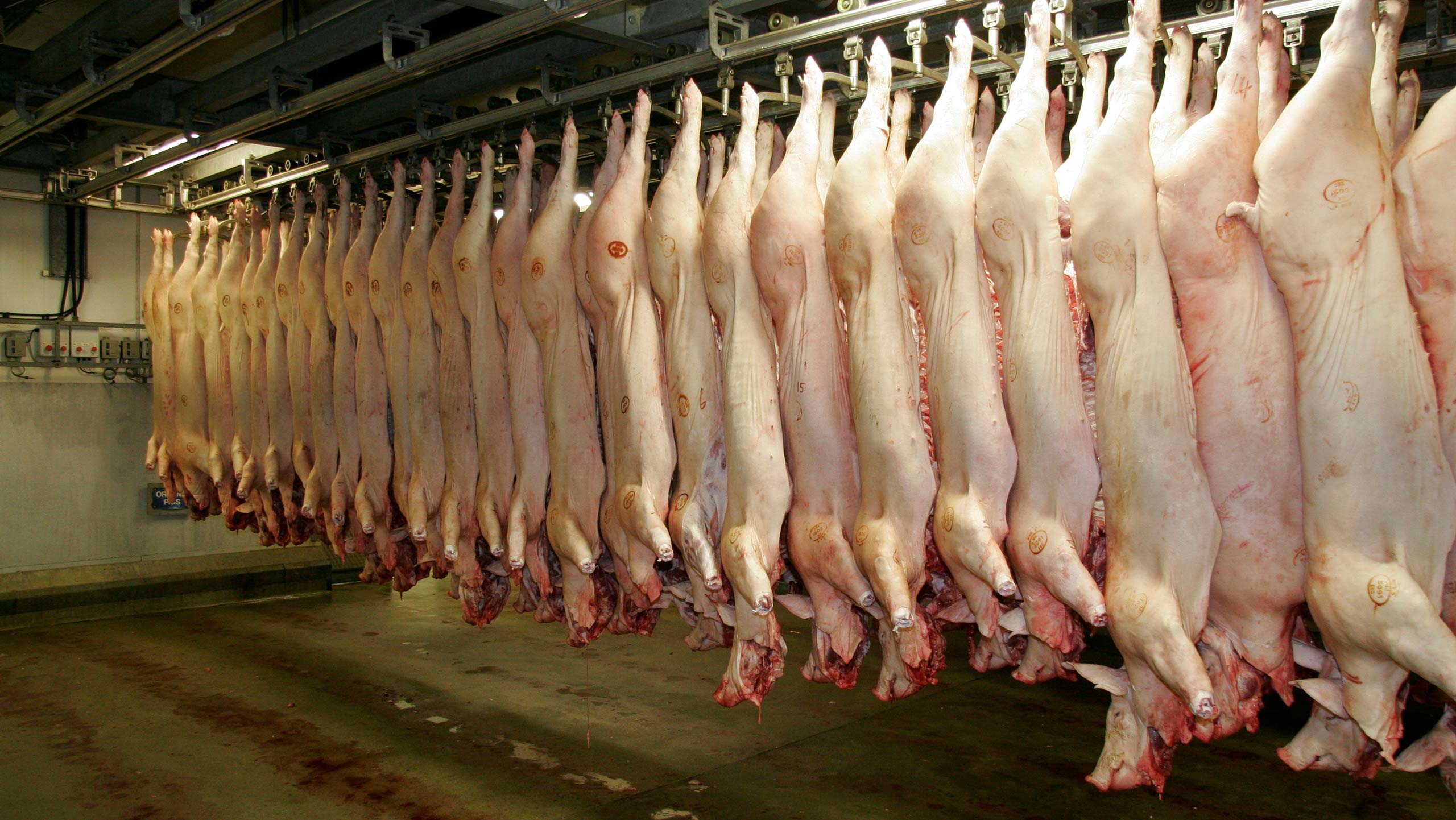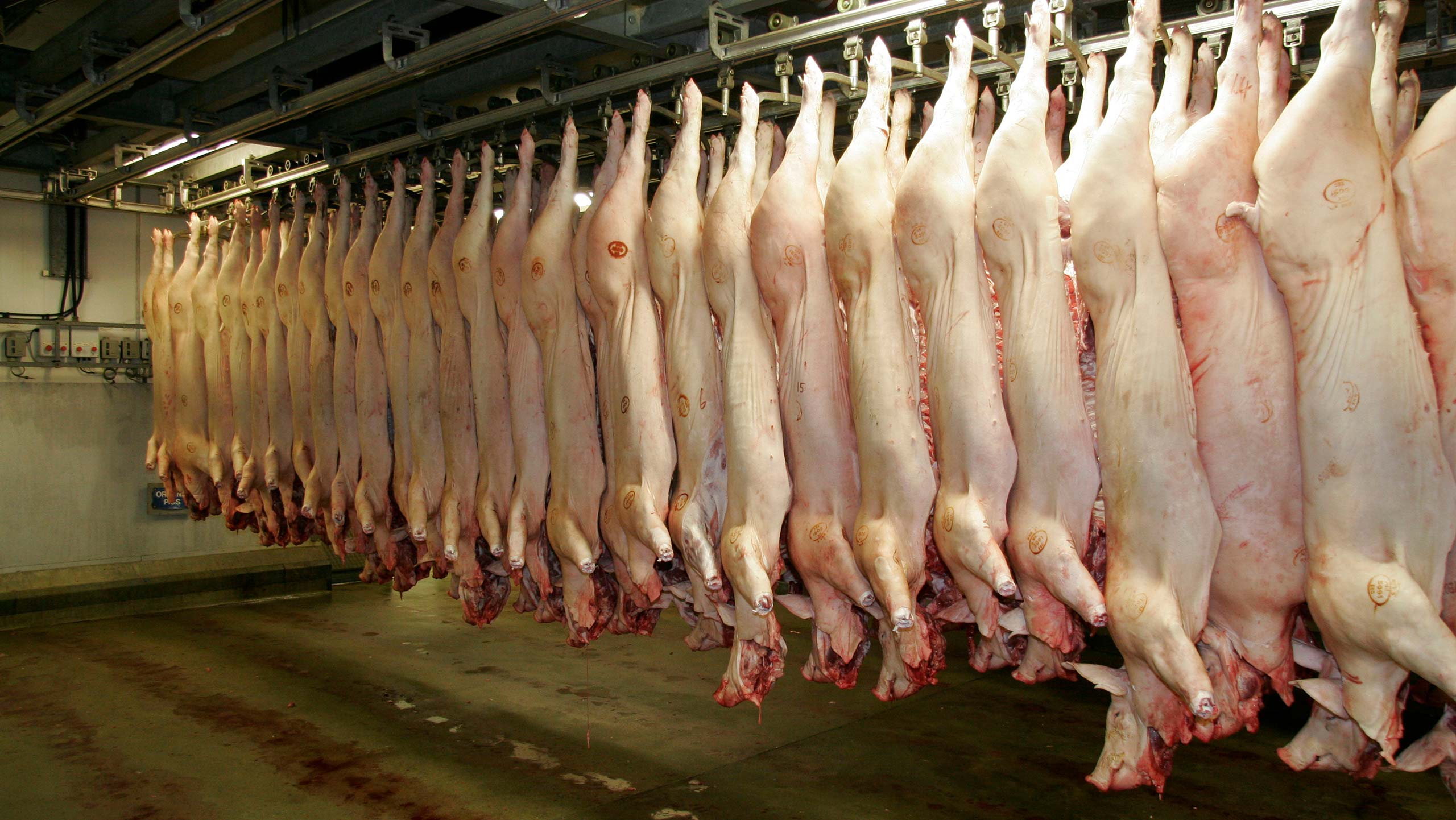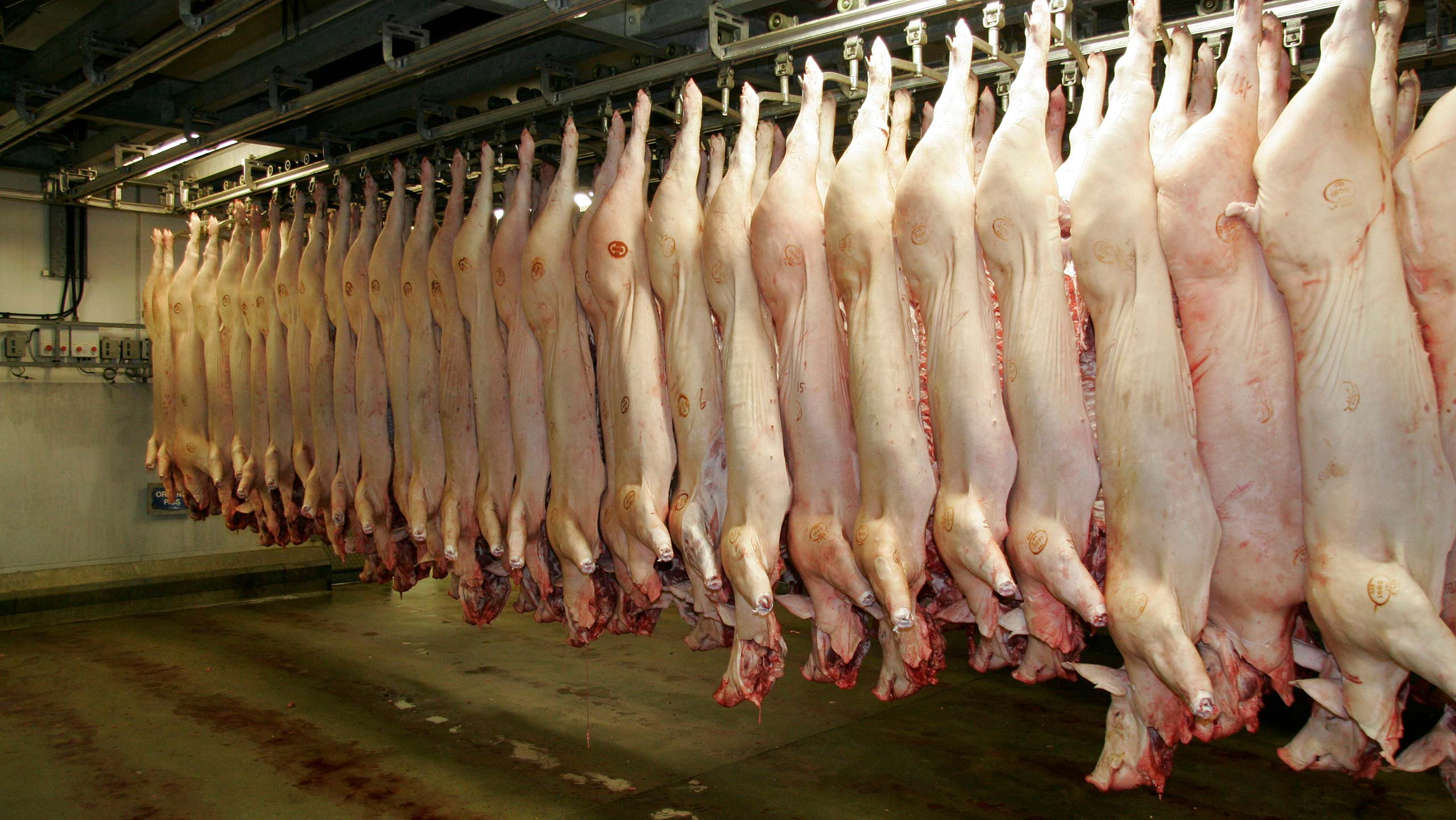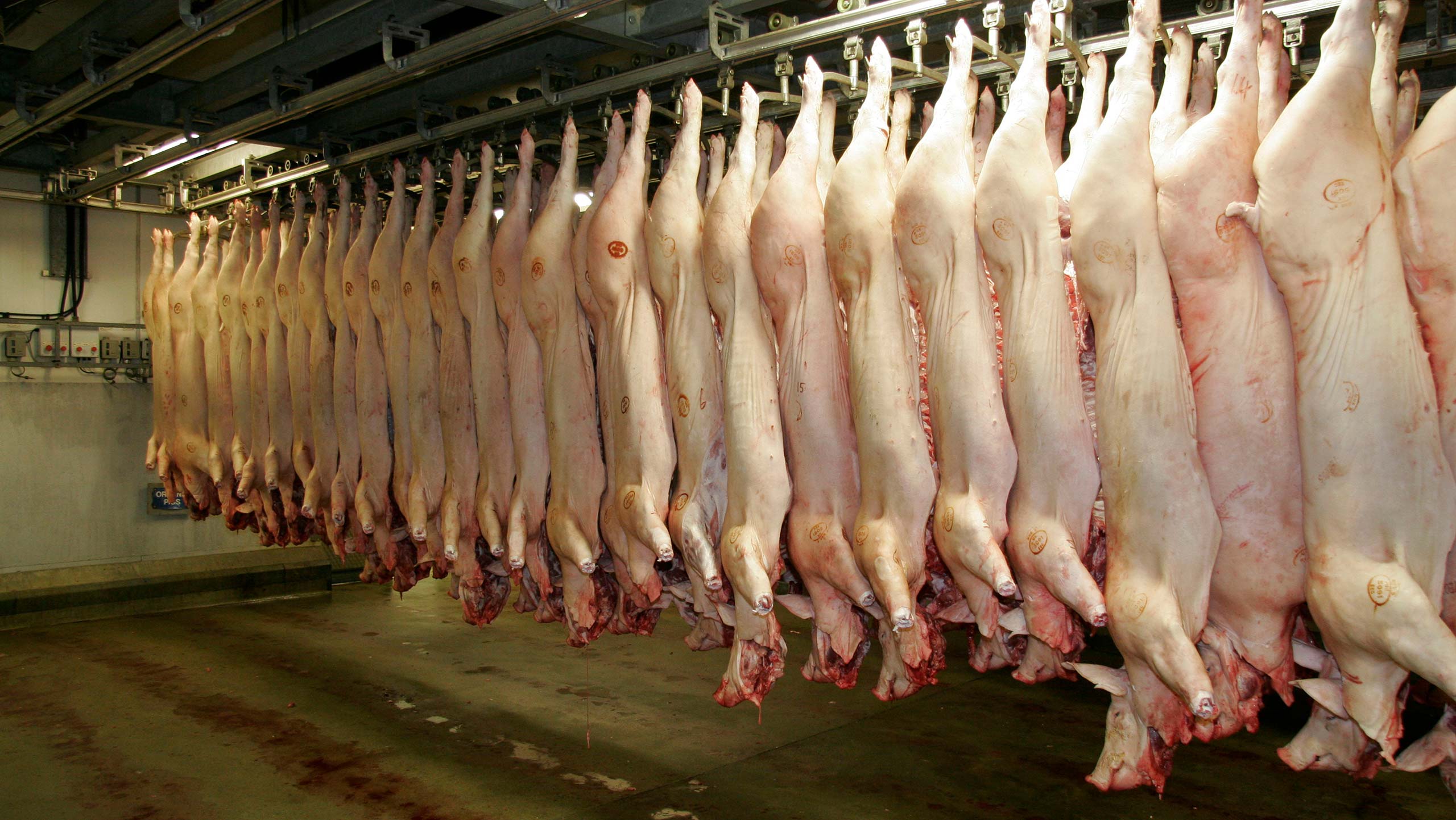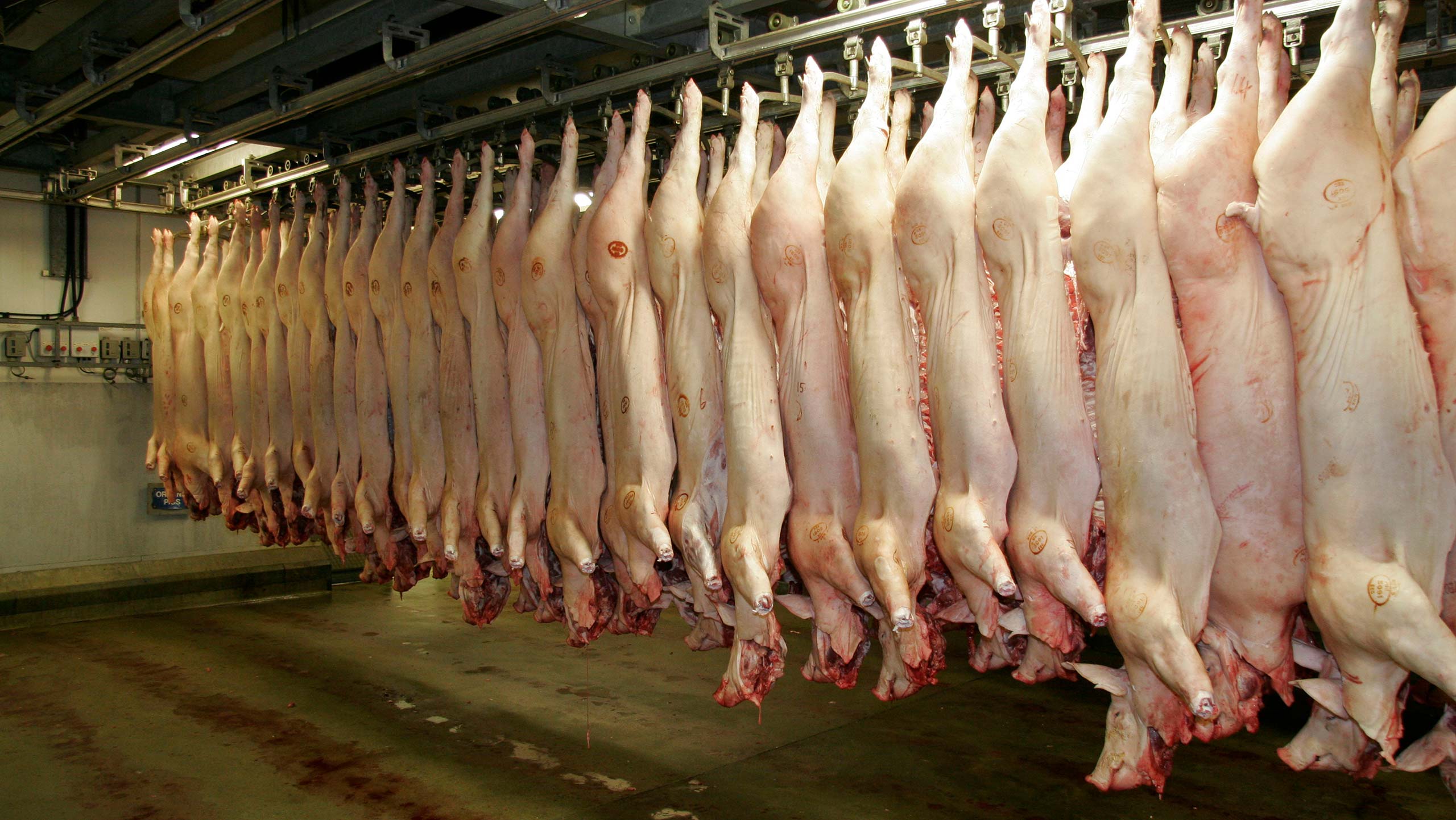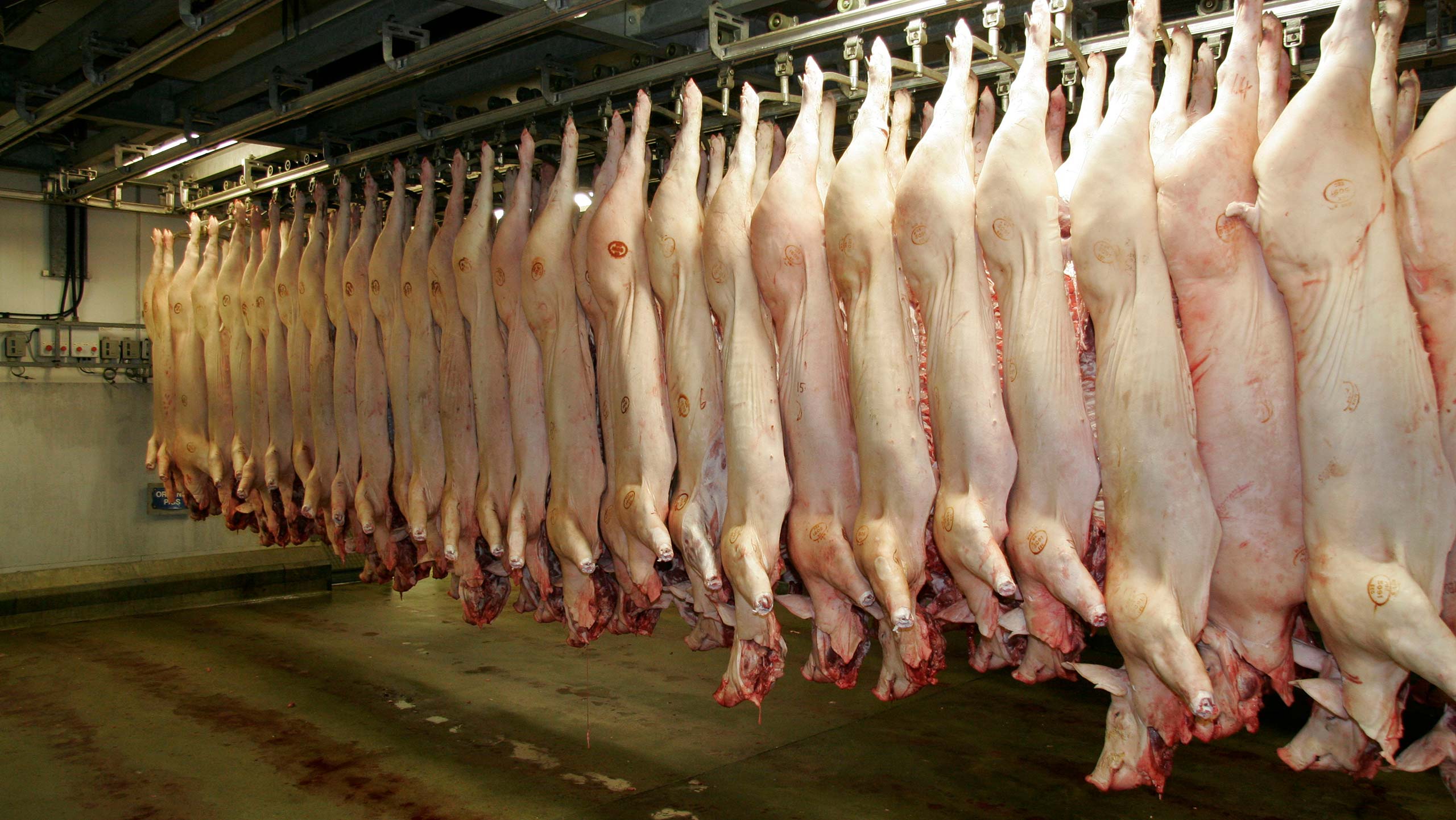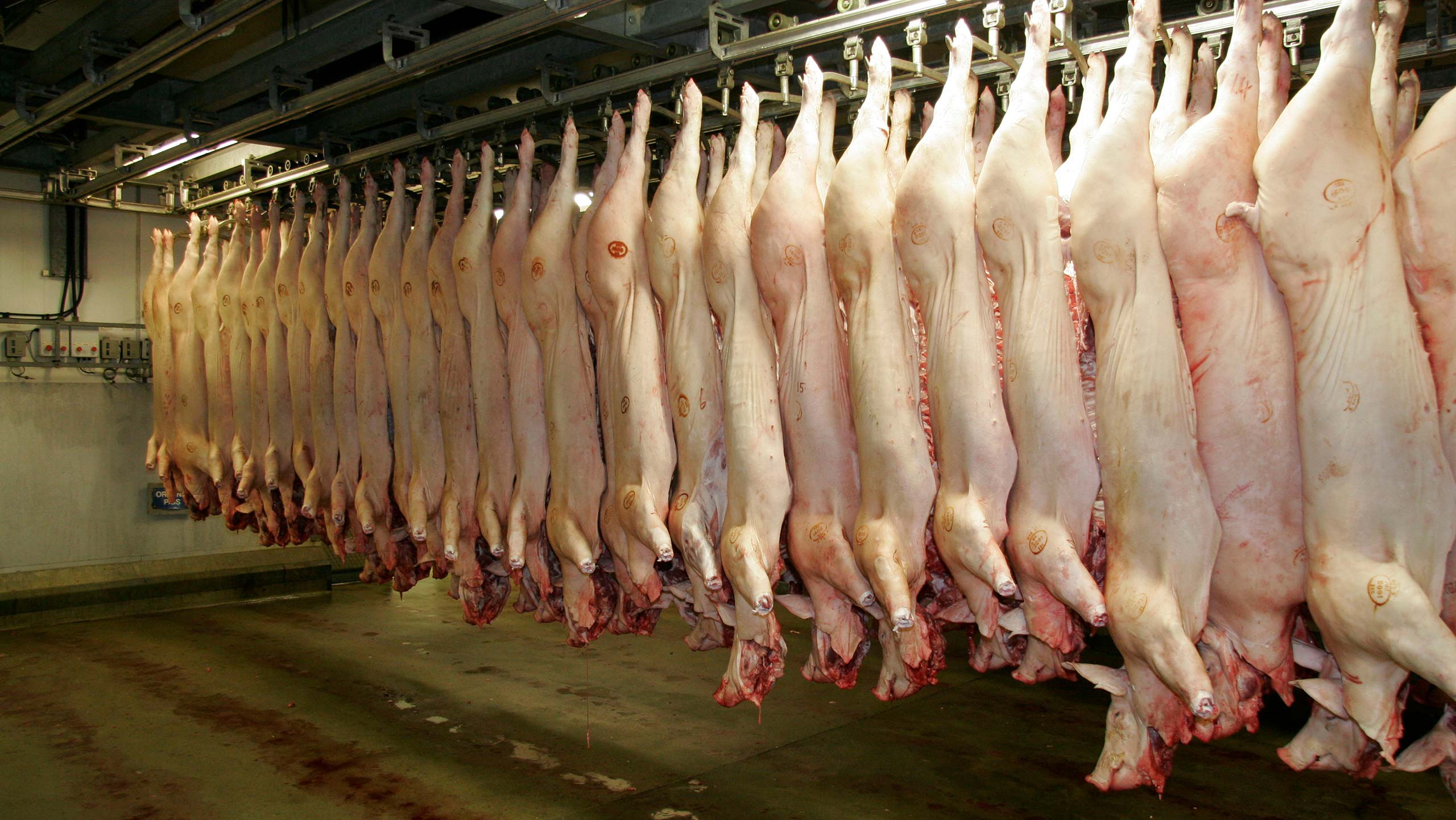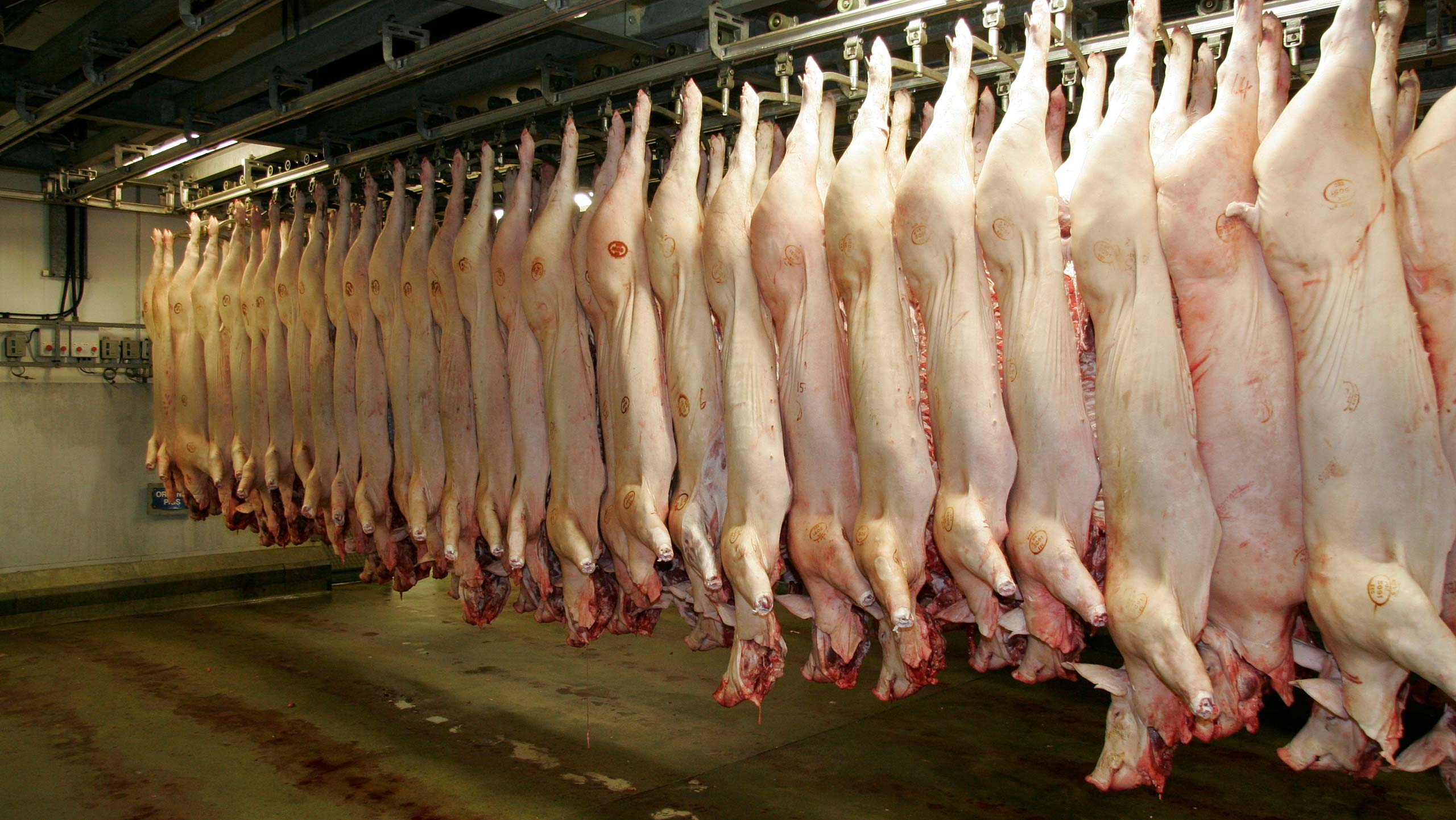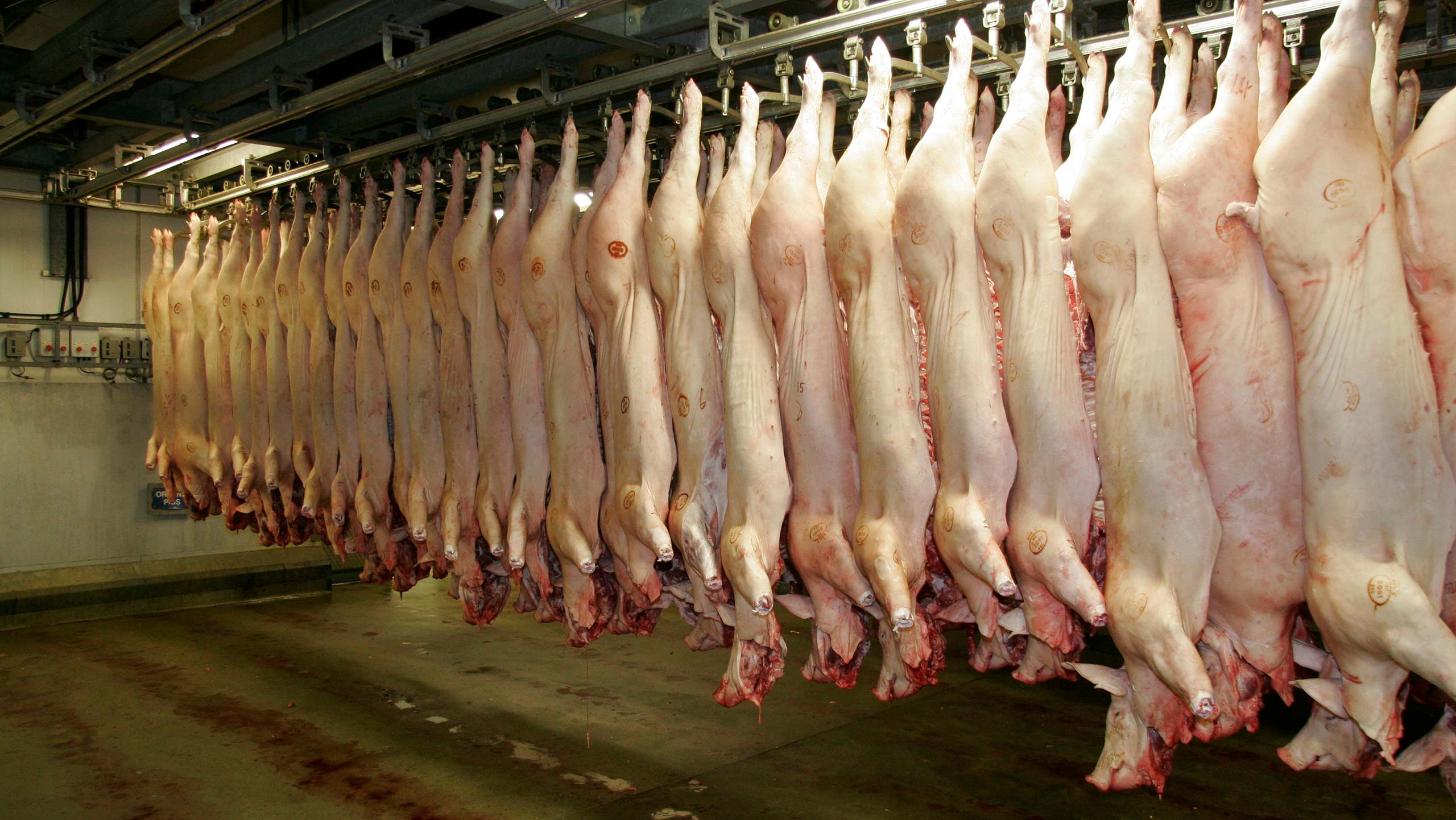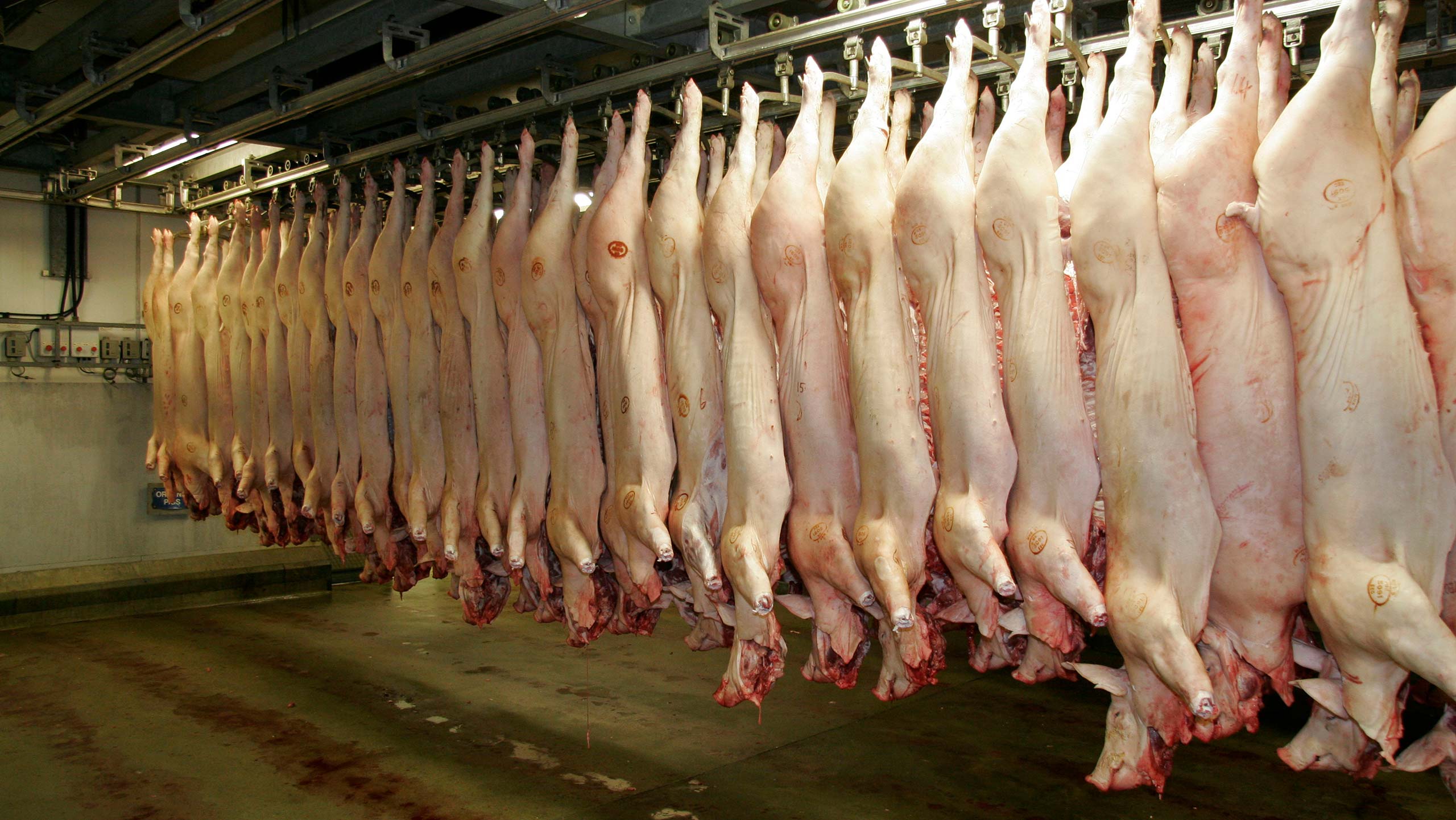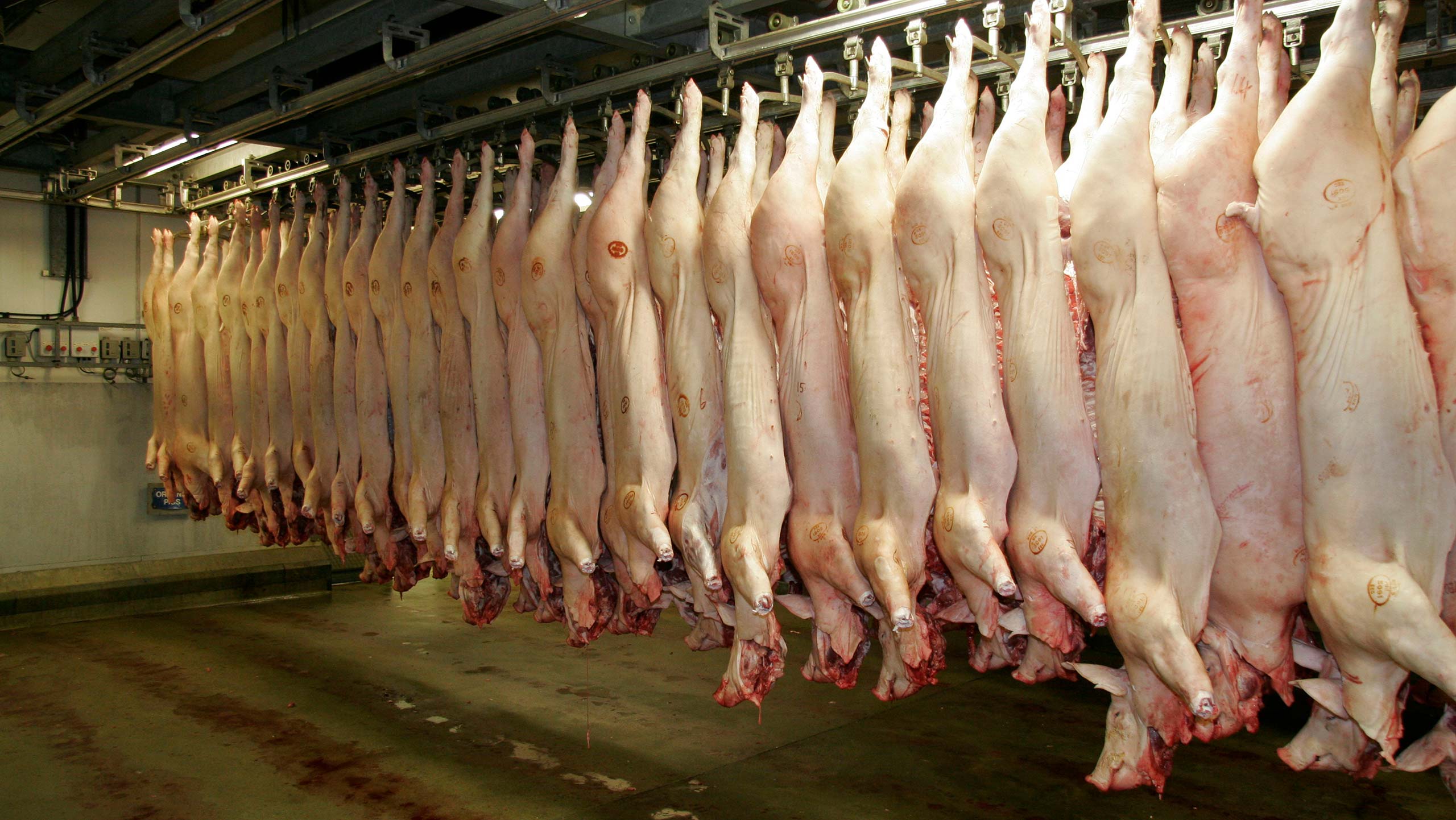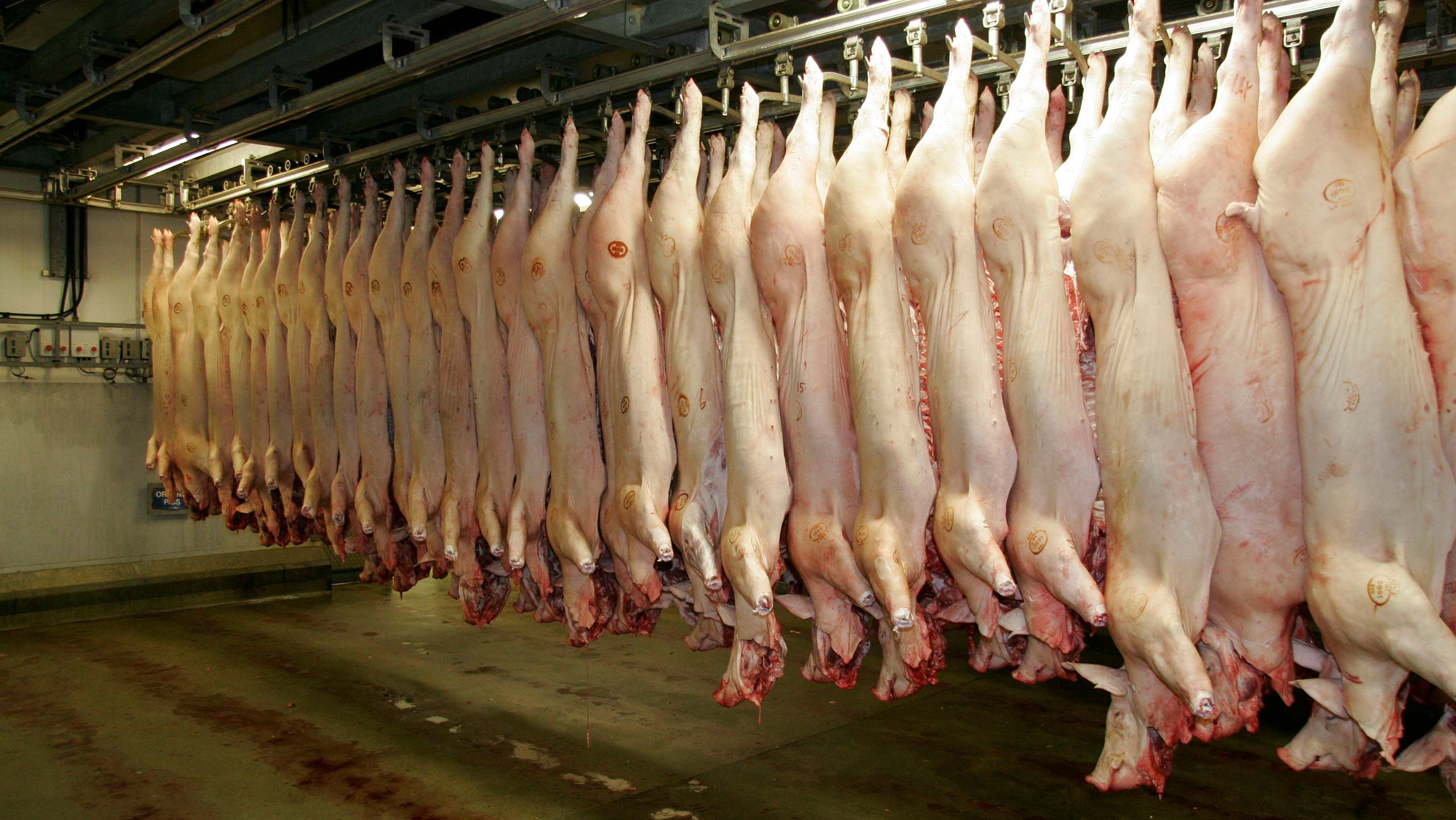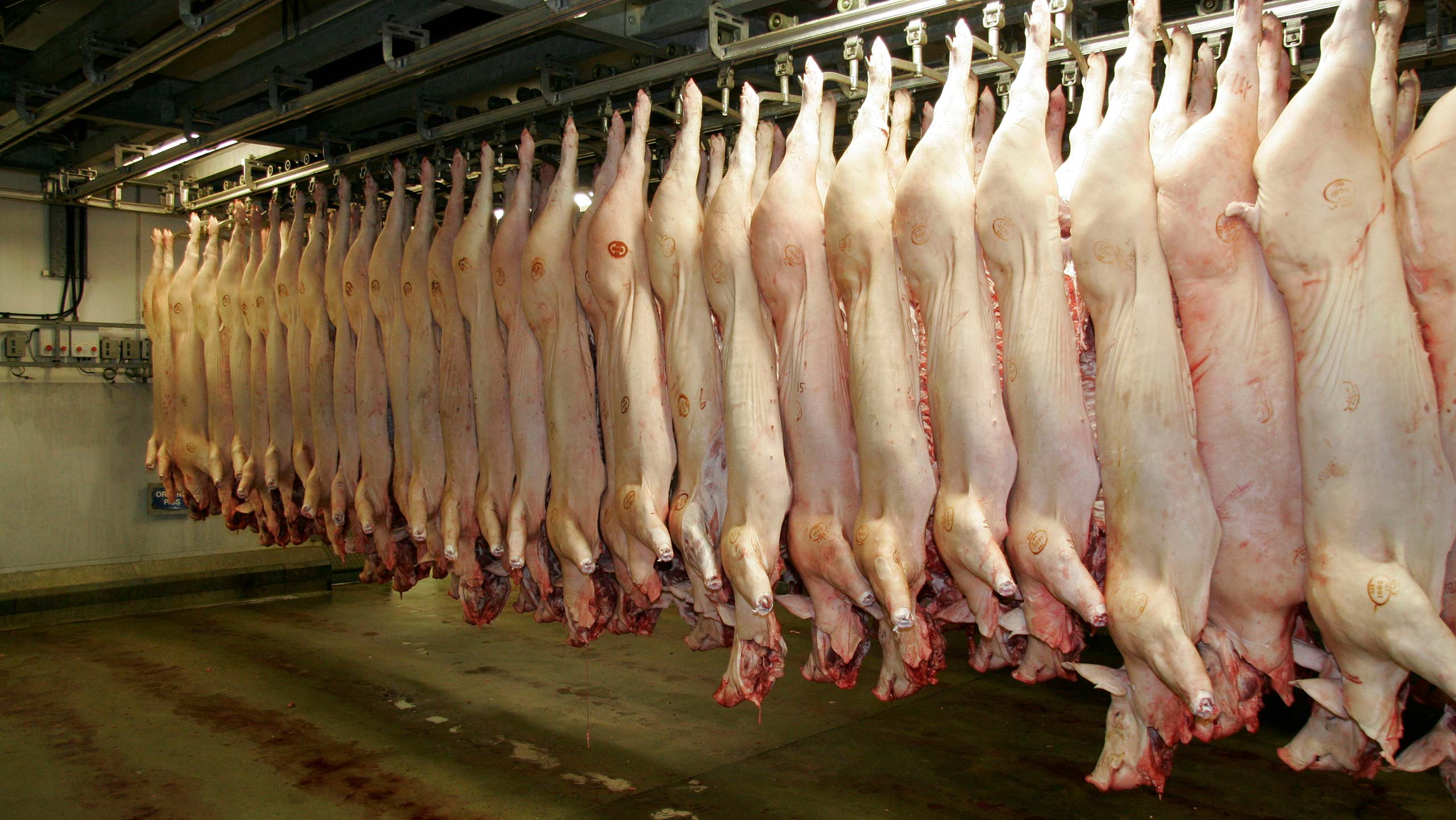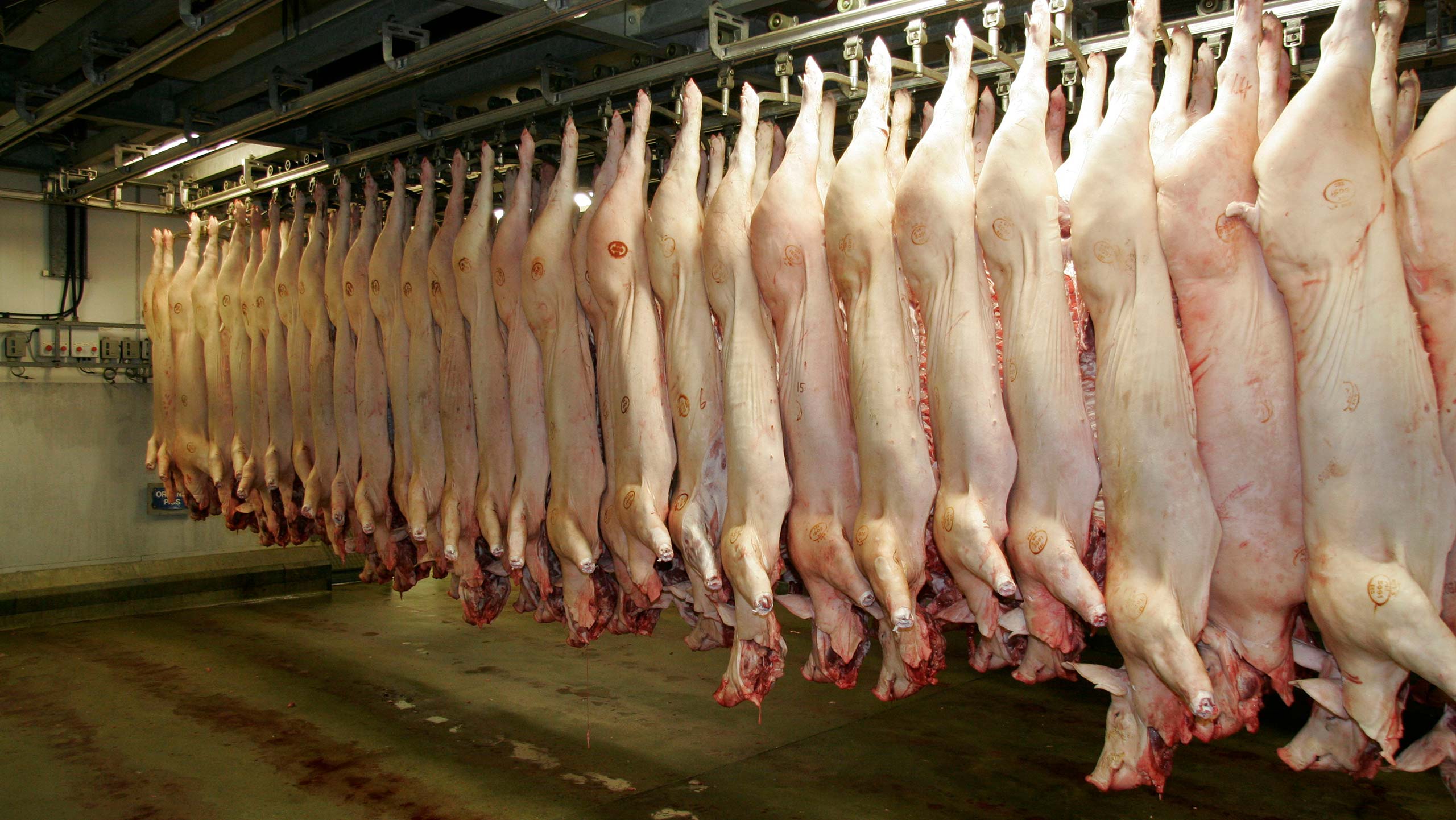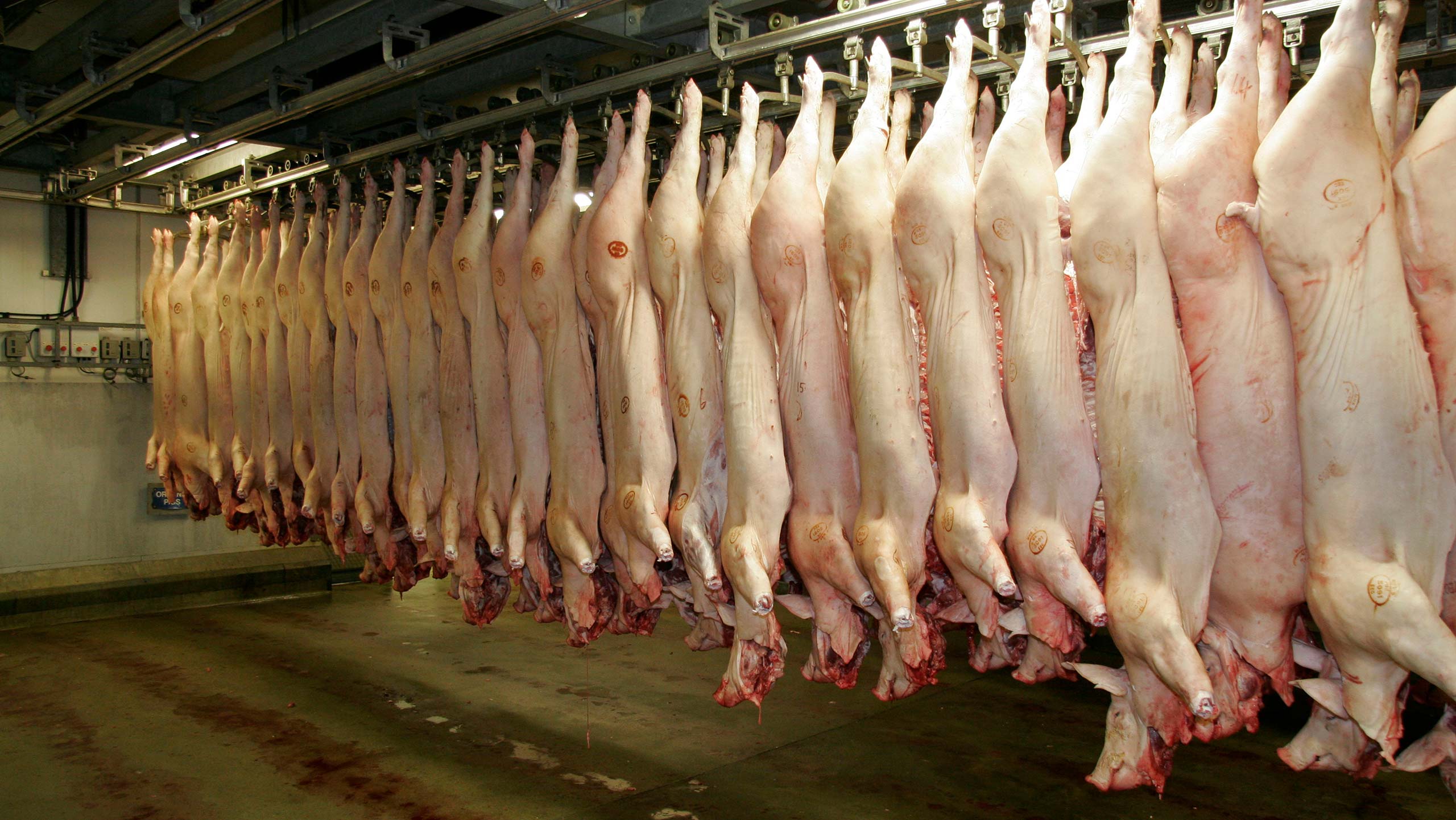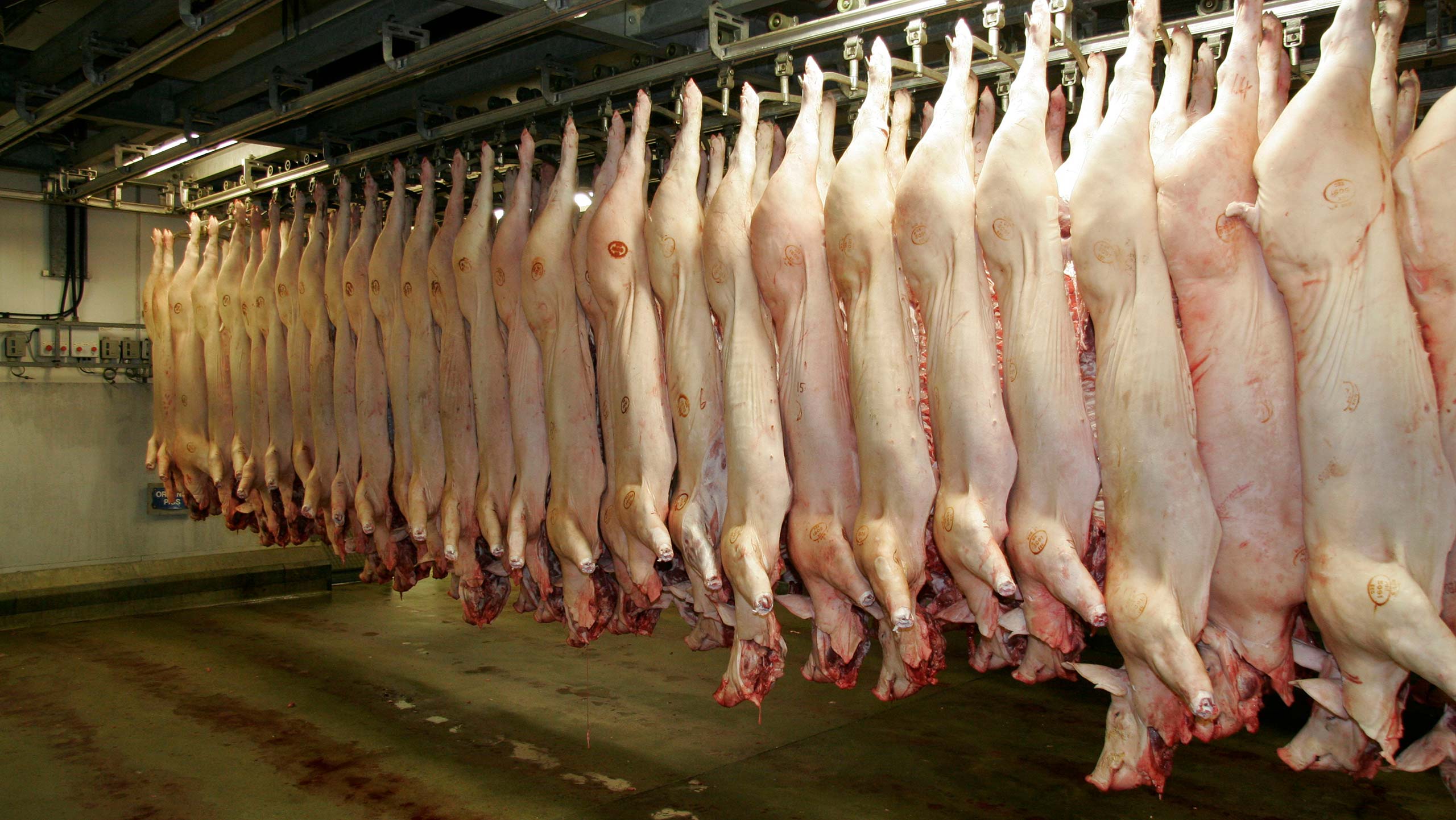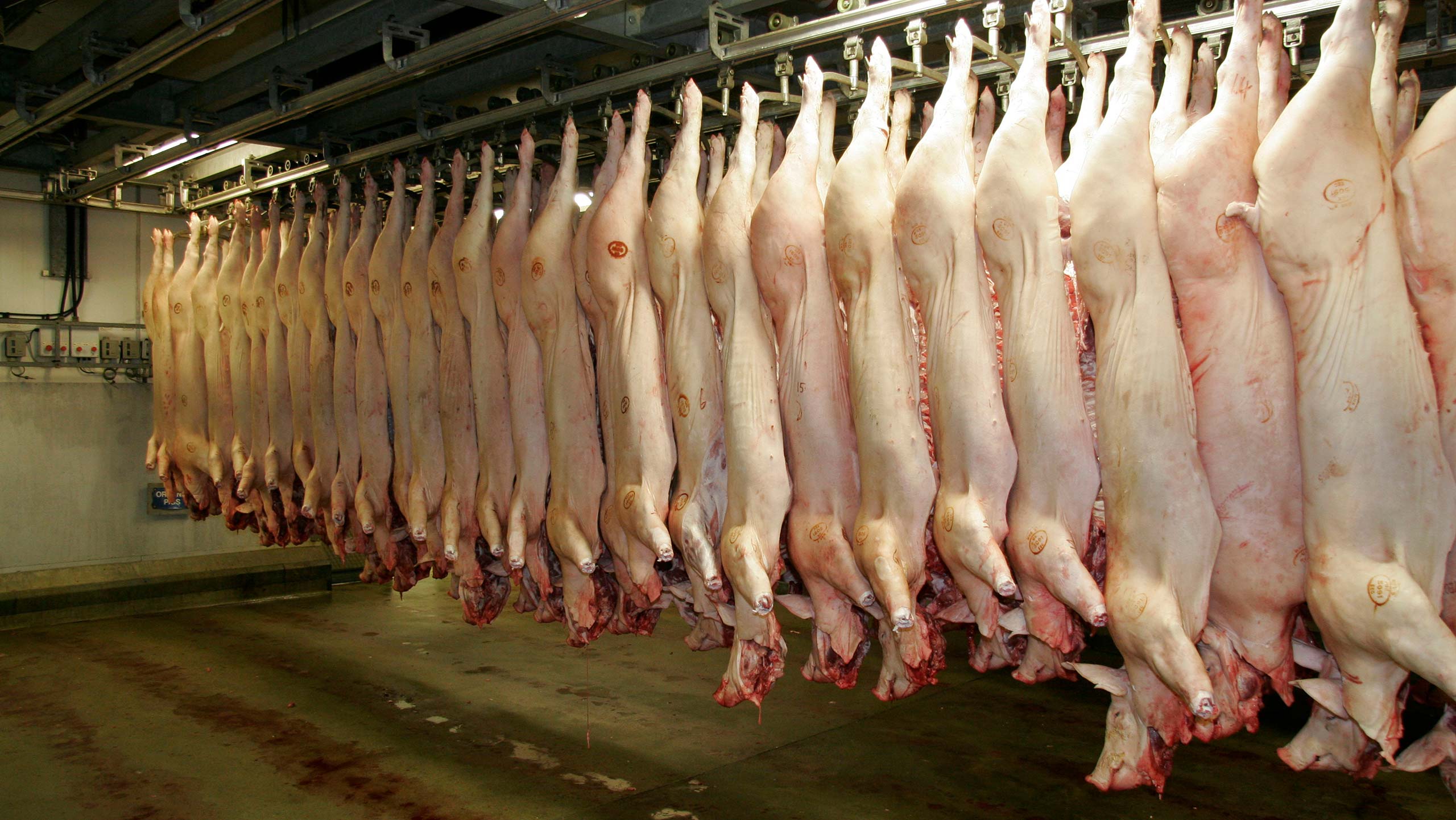The organic meat processing industry represents one of the most regulated and specialized sectors in food production. Organic abattoirs face unique challenges that go far beyond traditional meat processing facilities, requiring comprehensive insurance coverage that addresses both conventional slaughterhouse risks and the specific liabilities associated with organic certification and premium product handling.
Understanding Organic Abattoir Operations
Organic abattoirs operate under strict regulatory frameworks that govern every aspect of their operations. From the moment organic livestock arrives at the facility until the certified organic meat products leave for distribution, these businesses must maintain rigorous standards that protect their organic certification while managing the inherent risks of meat processing operations.
The organic certification process requires detailed documentation, segregated processing lines, specialized cleaning protocols, and continuous monitoring to prevent contamination with non-organic materials. This level of operational complexity creates insurance needs that standard abattoir coverage simply cannot address adequately.
Key Insurance Risks for Organic Abattoirs
Organic certification liability represents the most significant unique risk facing organic abattoirs. Loss of organic certification due to contamination, processing errors, or documentation failures can result in devastating financial losses. Products may need to be recalled, reclassified, or destroyed entirely, while the business faces potential loss of premium pricing and market access.
Product contamination risks extend beyond traditional food safety concerns to include organic integrity issues. Cross-contamination with non-organic materials, improper segregation of organic and conventional products, or failure to maintain organic processing protocols can trigger costly recalls and certification reviews.
Supply chain disruption poses particular challenges for organic abattoirs, as organic livestock suppliers are often more limited and geographically dispersed than conventional suppliers. Business interruption from supply chain issues can be more severe and longer-lasting than in conventional operations.
Equipment and facility risks require specialized consideration, as organic processing often requires dedicated equipment, specialized cleaning systems, and segregated storage areas. The cost of replacing or decontaminating organic-certified equipment can be substantially higher than conventional alternatives.
Environmental liability concerns are heightened in organic operations, where any environmental incident could potentially impact organic certification status and create additional regulatory compliance issues.
Essential Insurance Coverage for Organic Abattoirs
Product liability insurance must be specifically tailored to address organic certification issues. Standard product liability policies may not adequately cover losses related to organic certification failures, premium product recalls, or the unique liability exposures associated with organic claims and labeling.
Professional indemnity coverage becomes crucial for organic abattoirs providing certification advice, organic compliance consulting, or making organic claims about their processing capabilities. Errors in organic certification guidance or processing protocols can result in significant financial losses for clients.
Business interruption insurance requires careful consideration of organic-specific factors, including the time needed to restore organic certification following an incident, the potential loss of premium pricing during recovery periods, and the extended timelines often required for organic supply chain restoration.
Commercial combined insurance should encompass the full range of organic abattoir operations, including specialized equipment coverage, organic certification protection, and enhanced product recall provisions that address both safety and organic integrity issues.
Cyber insurance has become increasingly important as organic abattoirs rely heavily on documentation systems, traceability databases, and certification management software. A cyber incident that compromises organic certification records or traceability data could have severe consequences for ongoing operations.
Specialized Coverage Considerations
Organic certification protection insurance can provide coverage for the costs associated with certification loss, including product reclassification, enhanced testing requirements, and the expenses involved in regaining organic status. This coverage addresses one of the most significant financial risks facing organic abattoirs.
Supply chain insurance becomes particularly valuable for organic operations, where alternative suppliers may be limited and switching costs can be substantial. Coverage can address both the direct costs of supply disruption and the indirect impacts on organic certification maintenance.
Recall insurance for organic abattoirs should address both safety-related recalls and organic integrity issues. The costs associated with organic product recalls often exceed those of conventional products due to premium pricing, specialized distribution channels, and enhanced consumer expectations.
Equipment breakdown coverage must consider the specialized nature of organic processing equipment and the potential impact of equipment failures on organic certification status. Extended coverage periods may be necessary to account for the time required to source and install certified organic processing equipment.
Risk Management Best Practices
Comprehensive documentation systems form the foundation of effective risk management for organic abattoirs. Detailed records of organic certification compliance, processing protocols, and supply chain verification help demonstrate due diligence and can be crucial in insurance claim situations.
Staff training programs should address both traditional abattoir safety protocols and organic-specific requirements. Regular training updates ensure that all personnel understand their role in maintaining organic certification and minimizing liability exposures.
Supplier verification processes must be more rigorous than conventional operations, with regular audits, certification reviews, and contingency planning for supply chain disruptions. Strong supplier relationships and backup sourcing options help minimize business interruption risks.
Quality control systems should integrate organic certification requirements with traditional food safety protocols. Regular testing, monitoring, and verification procedures help identify potential issues before they result in certification problems or product recalls.
Emergency response planning must address organic-specific scenarios, including certification threats, organic integrity compromises, and the unique challenges of managing incidents in certified organic facilities.
Regulatory Compliance and Insurance
Organic abattoirs must navigate complex regulatory environments that include food safety regulations, organic certification standards, environmental requirements, and animal welfare protocols. Insurance coverage should align with these regulatory frameworks and provide protection against compliance-related liabilities.
Certification body requirements often include specific insurance provisions, and coverage should be structured to meet these requirements while providing comprehensive protection for the business. Regular reviews with certification bodies help ensure ongoing compliance and appropriate coverage levels.
Environmental regulations affecting organic operations may be more stringent than conventional facilities, requiring enhanced environmental liability coverage and specialized risk management approaches.
Claims Management and Recovery
When incidents occur, organic abattoirs face unique challenges in claims management and business recovery. The complexity of organic certification requirements can extend recovery timelines and increase associated costs.
Working with insurers who understand organic operations becomes crucial during claims situations. Specialized knowledge of organic certification processes, supply chain complexities, and regulatory requirements can significantly impact claim outcomes and recovery success.
Business continuity planning must address organic-specific factors, including certification maintenance during recovery periods, alternative processing arrangements that maintain organic status, and the potential need for enhanced documentation and verification during the recovery process.
Cost Factors and Coverage Optimization
Insurance costs for organic abattoirs reflect the specialized nature of these operations and the enhanced risk exposures they face. However, effective risk management practices, comprehensive documentation systems, and proactive compliance programs can help optimize insurance costs while maintaining appropriate coverage levels.
Premium factors include the scale of operations, certification scope, supply chain complexity, and the specific organic products being processed. Larger operations with established risk management systems may benefit from more favorable pricing structures.
Coverage limits should reflect the potential financial impact of organic certification loss, premium product recalls, and extended business interruption periods. Underinsurance can be particularly costly in organic operations where replacement costs and business interruption impacts may exceed conventional expectations.
Choosing the Right Insurance Partner
Selecting an insurance provider with experience in organic food processing and understanding of certification requirements is crucial for organic abattoirs. The complexity of these operations requires insurers who can provide both comprehensive coverage and knowledgeable claims support.
Specialized brokers with organic industry experience can help navigate the unique insurance requirements and ensure that coverage addresses all relevant risk exposures. Their expertise in organic operations can be invaluable in structuring appropriate coverage and managing ongoing insurance needs.
Frequently Asked Questions
What makes organic abattoir insurance different from standard meat processing insurance?
Organic abattoir insurance must address unique risks including organic certification liability, cross-contamination with non-organic materials, specialized equipment requirements, and the potential financial impact of losing organic certification status. Standard policies typically do not cover these organic-specific exposures.
How does loss of organic certification affect insurance claims?
Loss of organic certification can trigger multiple insurance exposures including product recall costs, business interruption from lost premium pricing, professional indemnity claims if certification advice was provided, and the expenses associated with regaining certification status.
What documentation is required for organic abattoir insurance claims?
Claims typically require comprehensive documentation including organic certification records, processing protocols, supply chain verification, staff training records, quality control procedures, and detailed incident reports that demonstrate compliance efforts and due diligence.
Are cyber insurance requirements different for organic abattoirs?
Yes, organic abattoirs face enhanced cyber risks due to their reliance on certification management systems, traceability databases, and documentation requirements. Cyber incidents that compromise organic certification records or supply chain data can have severe consequences beyond typical data breaches.
How should organic abattoirs handle supply chain insurance?
Supply chain insurance for organic operations should address the limited availability of organic suppliers, higher switching costs, and the potential impact of supply disruptions on organic certification maintenance. Coverage should include both direct costs and certification-related expenses.
What factors affect organic abattoir insurance premiums?
Premium factors include the scale of operations, types of organic certification held, complexity of supply chains, processing equipment specifications, risk management systems in place, claims history, and the specific organic products being processed.
How long does it typically take to restore organic certification after an incident?
Certification restoration timelines vary depending on the nature of the incident, but can range from several weeks for minor issues to many months for serious contamination or system failures. Business interruption coverage should account for these extended recovery periods.
Can organic abattoirs get coverage for certification consulting activities?
Yes, professional indemnity insurance can cover organic certification consulting and advisory services. This coverage is particularly important for abattoirs that provide guidance to suppliers or other facilities on organic compliance requirements.
What role does environmental liability play in organic abattoir insurance?
Environmental liability coverage is crucial as environmental incidents can impact organic certification status and create additional regulatory compliance issues. Organic operations may face more stringent environmental requirements than conventional facilities.
How should organic abattoirs approach equipment breakdown coverage?
Equipment breakdown coverage should consider the specialized nature of organic processing equipment, longer replacement timelines for certified equipment, potential certification impacts from equipment failures, and the higher costs associated with organic-compliant replacements.
Conclusion
Organic abattoir insurance requires a sophisticated approach that addresses both traditional meat processing risks and the unique challenges associated with organic certification and premium product handling. Comprehensive coverage, effective risk management, and experienced insurance partners combine to provide the protection these specialized operations need to thrive in the competitive organic meat market.
The investment in appropriate insurance coverage pays dividends through enhanced business stability, regulatory compliance support, and the confidence to pursue growth opportunities in the expanding organic meat sector. As consumer demand for organic meat products continues to grow, well-insured organic abattoirs are positioned to capitalize on these opportunities while managing the inherent risks of their specialized operations.


 0330 127 2333
0330 127 2333
